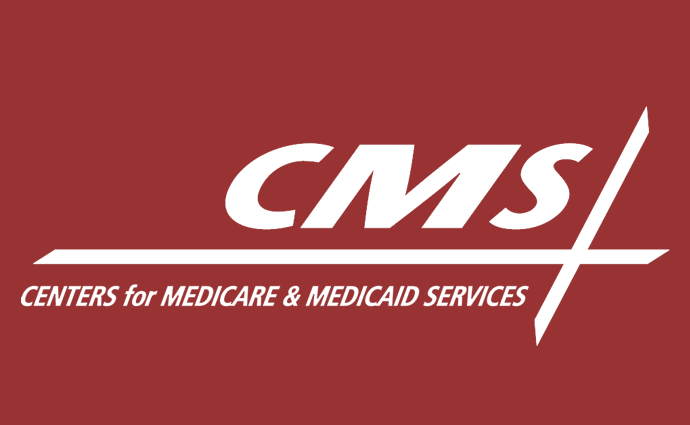CMS Raises Awareness of ACA Marketplace Coverage for Gig Workers
CMS is encouraging e-commerce platforms to inform their gig workers about Affordable Care Act marketplace healthcare plans and how they can enroll.

Source: CMS Logo
- The Centers for Medicare and Medicaid Services (CMS) is asking online platform companies to bring awareness to their gig workers’ ability to obtain Affordable Care Act marketplace coverage during the marketplace special enrollment period (SEP).
Companies such as Delivery Drivers, Inc., DoorDash, Lyft, Postmates, StyleSeat, Uber, and Wanolo saw a boost in employees, many of whom were previously unemployed due to the coronavirus pandemic. These platforms are participating in “Gig Workers’ Week of Action” to promote marketplace healthcare plans to their workers, according to the press release.
Affordable Care Act marketplace health plan enrollment is available through August 15, 2021.
The Biden administration’s American Rescue Plan Act (ARP) increased Affordable Care Act subsidies which lowered consumers’ average monthly premiums and out-of-pocket costs. The ARP aimed to make better-quality plans more affordable for those eligible for the increased tax credits.
During the SEP, monthly premium amounts decreased by over 25 percent for new enrollees. The median deductible’s cost dropped significantly, going from $450 to $50.
Gig workers have the opportunity to take advantage of the benefits that Affordable Care Act marketplace health plans have to offer, and CMS wanted to make sure they are aware of it.
“As millions of Americans have relied on gig economy work to sustain their incomes and support their families during the pandemic, we want these hardworking men and women to know they can purchase quality, affordable health coverage through HealthCare.gov,” said Xavier Becerra, secretary of the US Department of Health and Human Services (HHS).
“And thanks to the American Rescue Plan, these gig workers may be eligible for increased financial help to reduce the cost of their monthly premiums, making the health insurance plans on the marketplace more affordable than ever before. I encourage everyone to go to HealthCare.gov to see if they are eligible for lower costs coverage today.”
As a part of Gig Workers’ Week of Action, gig companies are informing drivers and couriers about the availability of marketplace coverage, sharing stories of how past gig workers have benefitted from marketplace coverage, and offering communication about enrollment in English and Spanish, according to the press release.
Other companies, with help from CMS-approved direct enrollment partners, have made it possible for workers to enroll in coverage and receive financial assistance through apps on their smartphones. Workers can also use their companies’ apps to find out if they qualify for plans and to check their coverage options.
New consumers can apply to check their enrollment eligibility at HealthCare.gov. Current enrollees can review their coverage, make any necessary changes, and resubmit the application to receive the American Rescue Plan savings, the CMS press release informed.
Gig workers can be an essential part of everyday life, especially when it comes to ridesharing companies like Uber and Lyft. For example, Blue Cross Blue Shield of Massachusetts (Blue Cross) and Blue Cross Blue Shield of North Carolina (Blue Cross NC) partnered with Lyft to improve coronavirus vaccine access.
The payers coordinated with Lyft and other local organizations to arrange and finance Lyft rides to vaccine appointments for their members.
Although gig workers for rideshare companies may participate in and support local access to care through these partnerships, this population of workers often has trouble accessing healthcare coverage themselves.
For example, an article published in the Spring Nature journal analyzed healthcare coverage of freelancers, full-time temporary workers, and part-time workers from 2010 to 2012 and 2015 to 2017 using Medical Expenditure Panel Survey (MEPS) data.
The researchers found that uninsurance had dropped since the implementation of the Affordable Care Act. Nevertheless, nearly three in ten freelancers, a quarter of full-time temporary workers, and almost 18 percent of part-time workers were uninsured a couple of years into healthcare reform. Meanwhile, standard workers saw only 12 percent uninsurance.
Thus, CMS targeted gig workers in its efforts to boost Affordable Care Act enrollment during the SEP.
The encouragement from CMS directed toward online companies followed the launch of a CMS educational campaign to inform and provide resources for uninsured and financially eligible individuals about the SEP.
As of April 2021, the Affordable Care Act marketplace health plans had gained 500,000 new enrollees from the special enrollment period.
